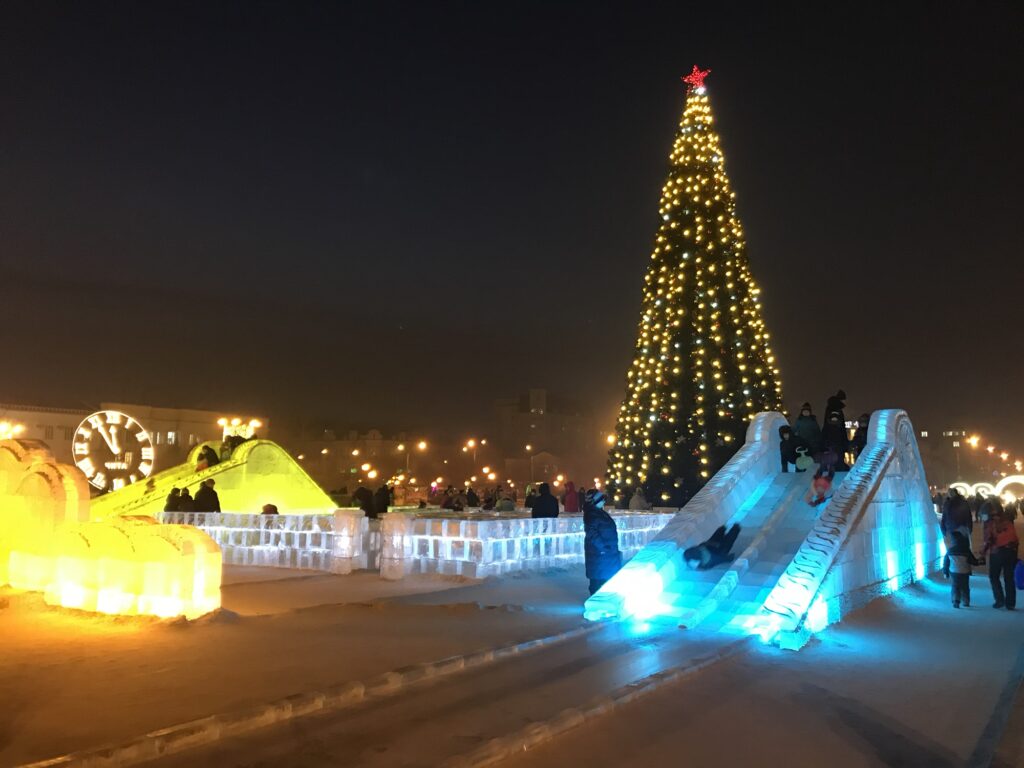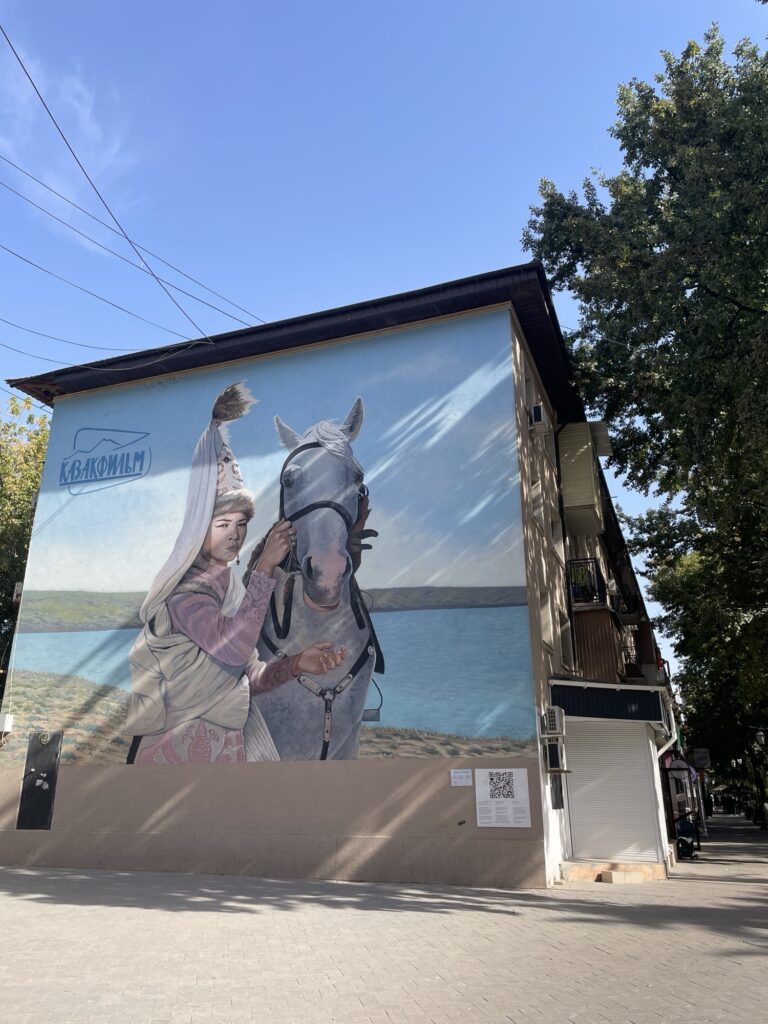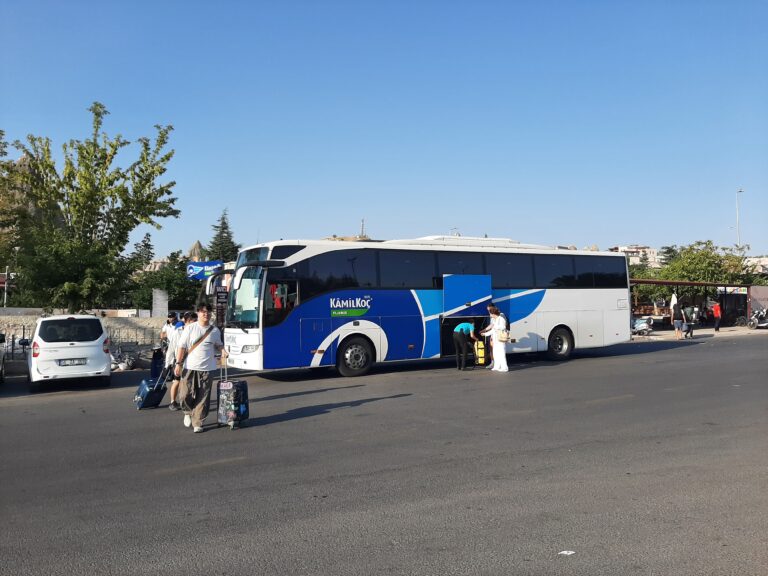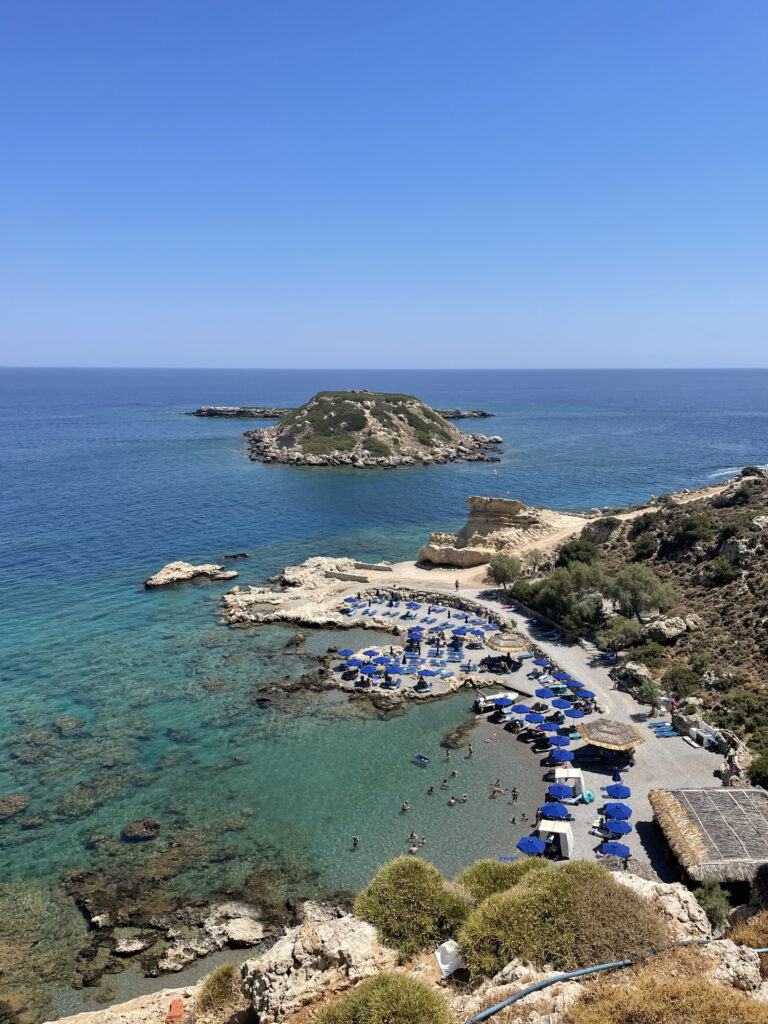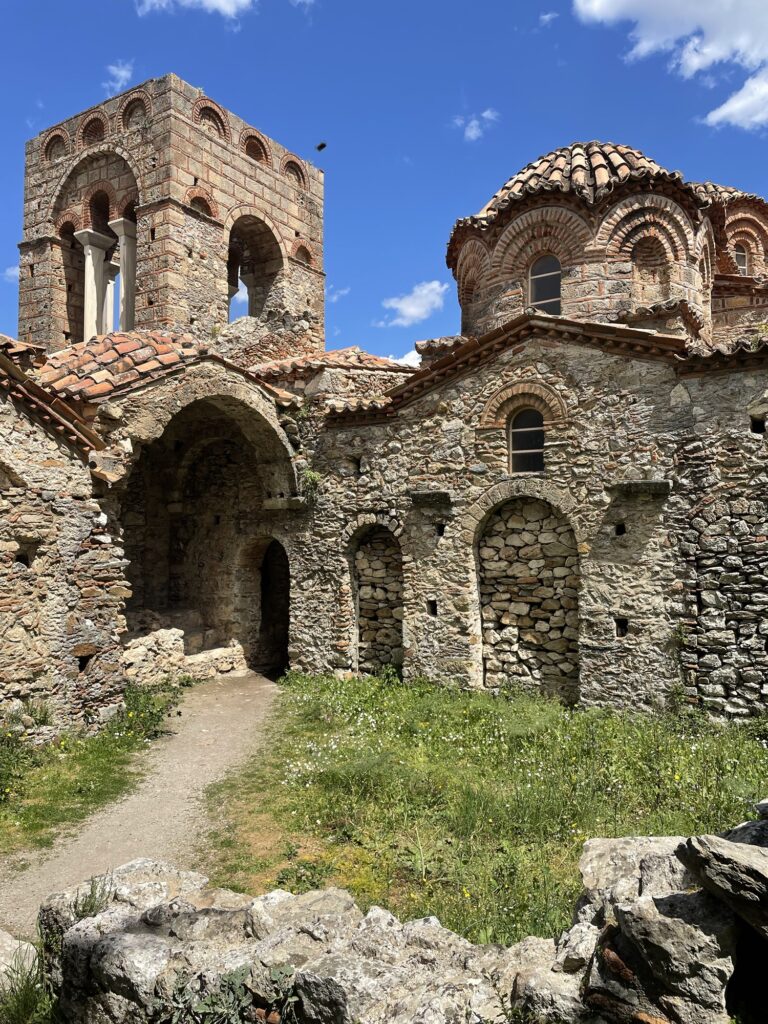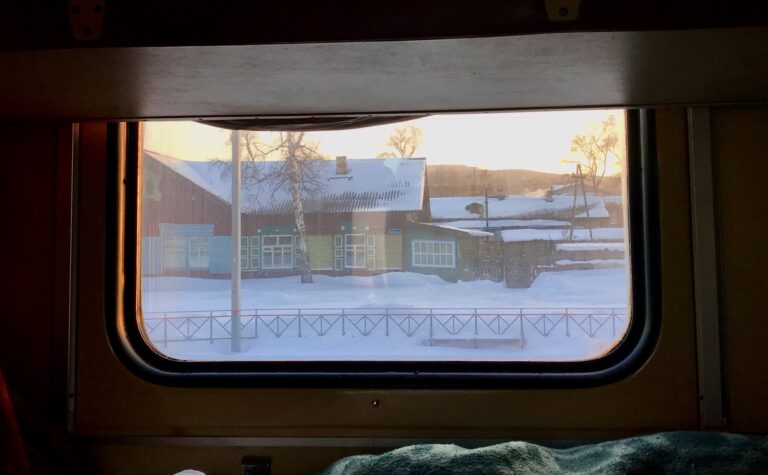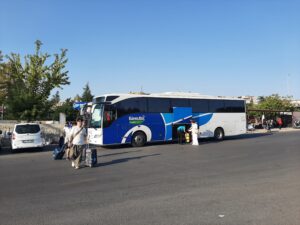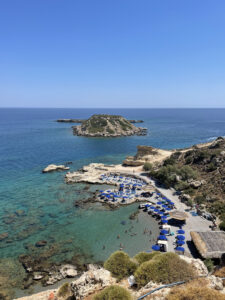❄️The second time Ian and I travelled together to Russia was in the winter of 2019. We flew from Shanghai to Vladivostok – Russia’s eastern most city – and from there took the train for 2.5 days to get to Chita, my hometown in Siberia.
We had the better part of the day to explore Vladivostok before our train would leave in the evening, and we used this time to walk around the city for a bit. Vladivostok is home to a large port, and Ian was surprised to find out that that it actually completely freezes over in winter. Though, at a tepid -30 ºC that should have come as no surprise at all! While the ships can’t get out, this did give us the opportunity to explore the sea from a different point of view. It turns out that not only Jesus can walk on water.
That same evening we hopped onto the train – our home for the coming 2 days. Russian trains have different types of sleeper cabins. In the cheapest one – platzkart – beds are arranged in 3 opposing bunks, with no doors in between; the entire train wagon is basically one large open dormitory. As we craved a little more privacy, we opted for kupe: four people share a cabin with two bunks, a small table in the middle, separated from the corridor by a sliding door. Not 40, but just 2 roommates was well worth a few extra rubles.
Hissing, squeaking and puffing, the train slowly left the station. We read a bit, made our beds and tried to fall asleep. The blankets itchy but warm, the mattress a few notches too hard to be fully comfy, and a soothing “kadeng kadeng” in the background, as the train rolled into the Russian night. The next morning, having had at most half a night’s worth of good sleep, we woke up to a winter fairytale. The whitest snow we had ever seen, spruce forests as far as the eye could see, yet surprisingly little wildlife. We only saw one roe-deer from our train window during our entire trip. Later, Ian was to have a large discussion with my father about this sighting. The Russian word for roe deer is kosulya, which somewhat translates to “goat”. Ian however, did not see a goat, he saw a roe deer. It only took six years to find out that yes, both men, stubborn like goats (or deer?), were indeed talking about the same animal.
As our stomachs rumbled, crying for nourishment, we quickly were to find out that we had been “the lucky couple”. Russian trains usually have a restaurant carriage, and we brought plenty of cash to not have to worry about food. We had been naive, found ourselves on one of the few trains that did not have a restaurant, and thus ended up being severely under-provisioned for the trip. We finished whatever slim pickings we brought, but were lucky to have two kind neighbours who happily shared their food with us. Eastern European hospitality came to our rescue.
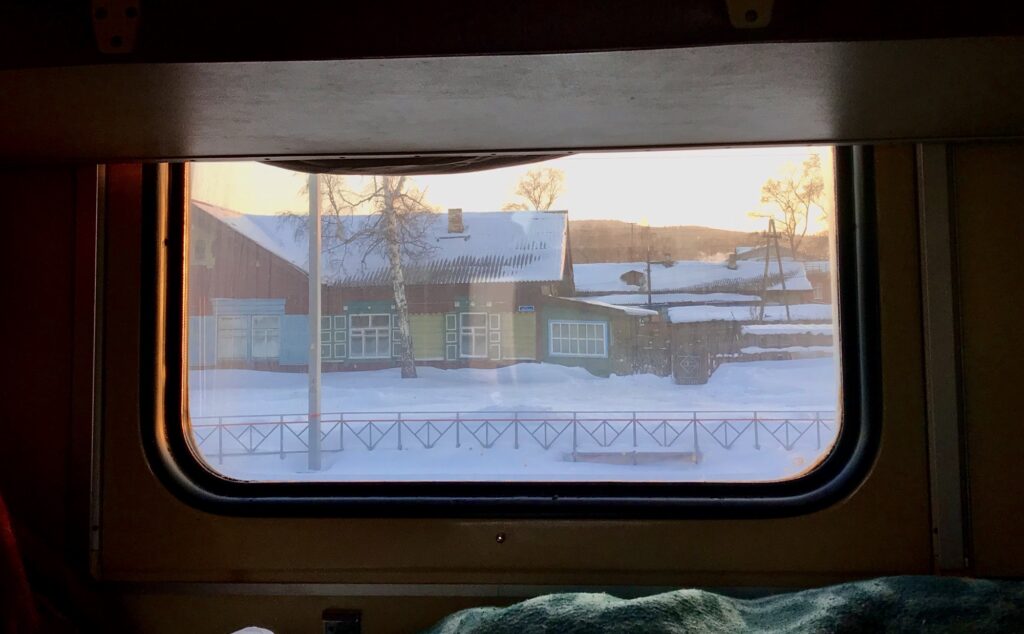
Luckily, we didn’t have to beg our way through the entire journey. At least, so we thought. At one train station in the middle of nowhere a bunch of grandmas were selling bags of steaming, homemade dumplings (vareniki) and sausages. We bought three bags and as I turned around to walk back to the train – BAM! – a fresh bag of potatoes vareniki lay scattered on the frozen platform. A cheeky street dog had cunningly followed us and had bitten the bag open from the other side. The funniest and saddest thing was that the bastard was picky as well. It didn’t even touch the dumplings that fell on the floor because they were filled with potatoes and not meat. We ended up with just a couple of dumplings, and I fell so stupid and unprepared in my own country. Luckily, our train neighbours were still sharing food with us, so in the end, we weren’t hungry.
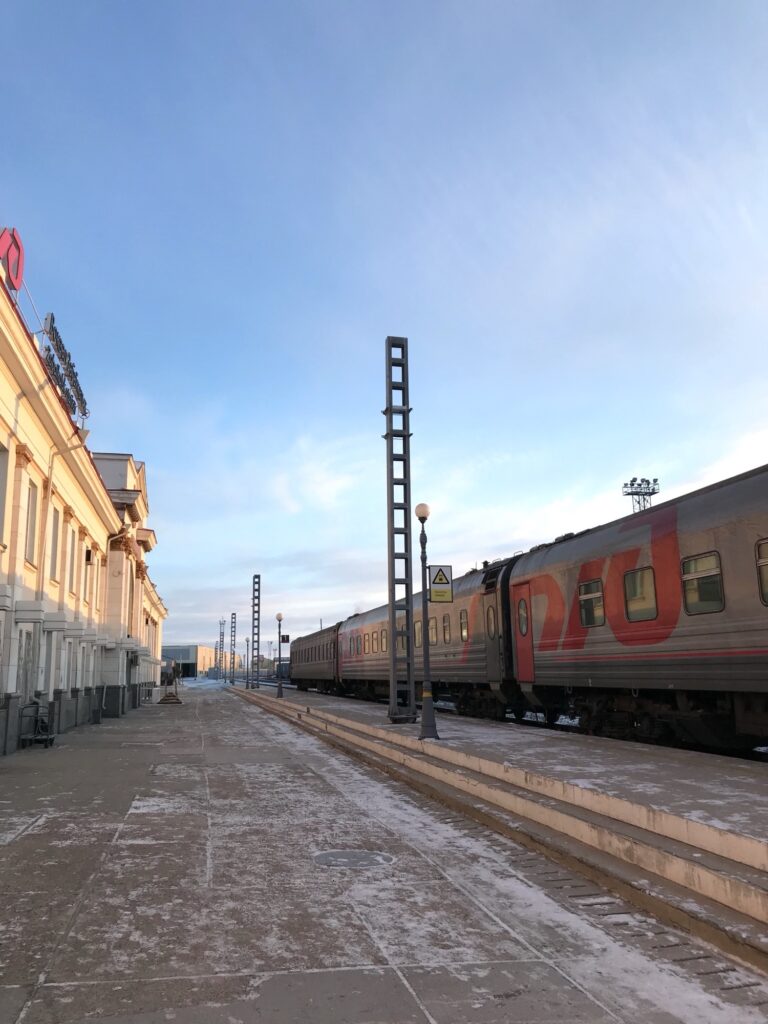
🥶 When we got out of the train in Chita, I immediately felt and saw: it’s very cold outside, colder even than in Vladivostok. It was indeed quite cold: – 40 degree Celsius, and in that weather you could literally see the cold – the air becomes foggy. The dry cold immediately hurts your exposed fingers and face, you feel almost burnt. Ian was rather overwhelmed by these weather conditions, but my parents met us with warm food and even warmer hugs.
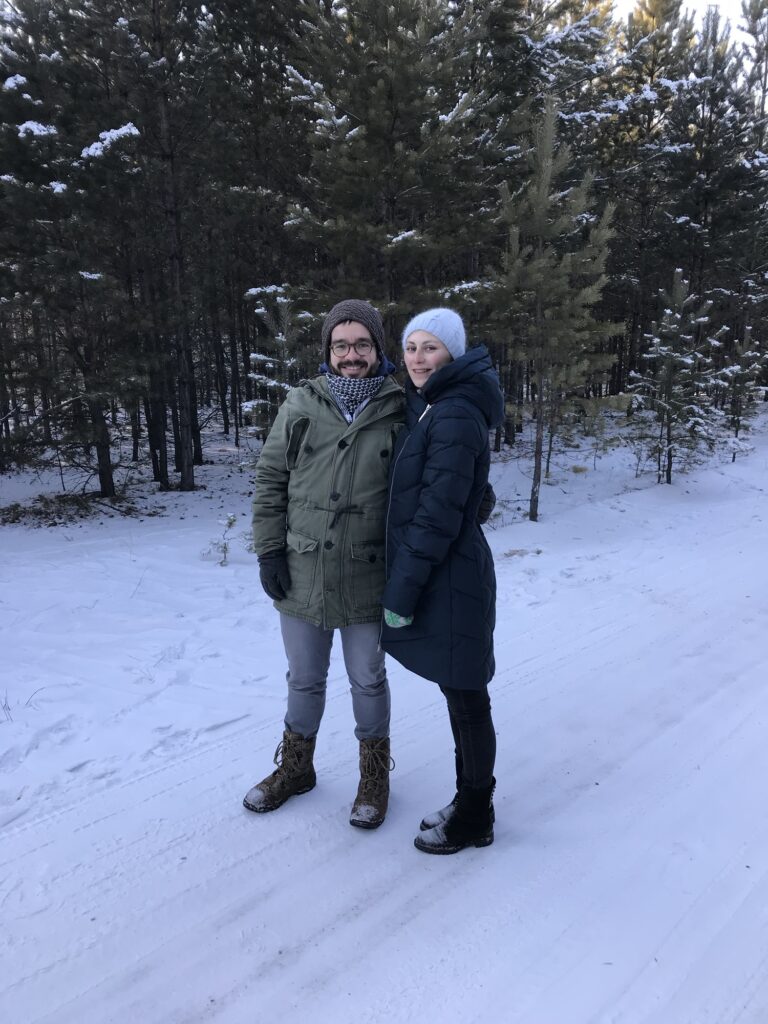
Even when it’s -40, you still have to go outside and live your life like on any other normal day. We still have to go to work and study, the school is cancelled only if it’s – 42, but your work or university won’t get cancelled. Once we had to walk for 20-25 minutes in the city center and then Ian said: “I understand people live here, but I don’t understand why”.
